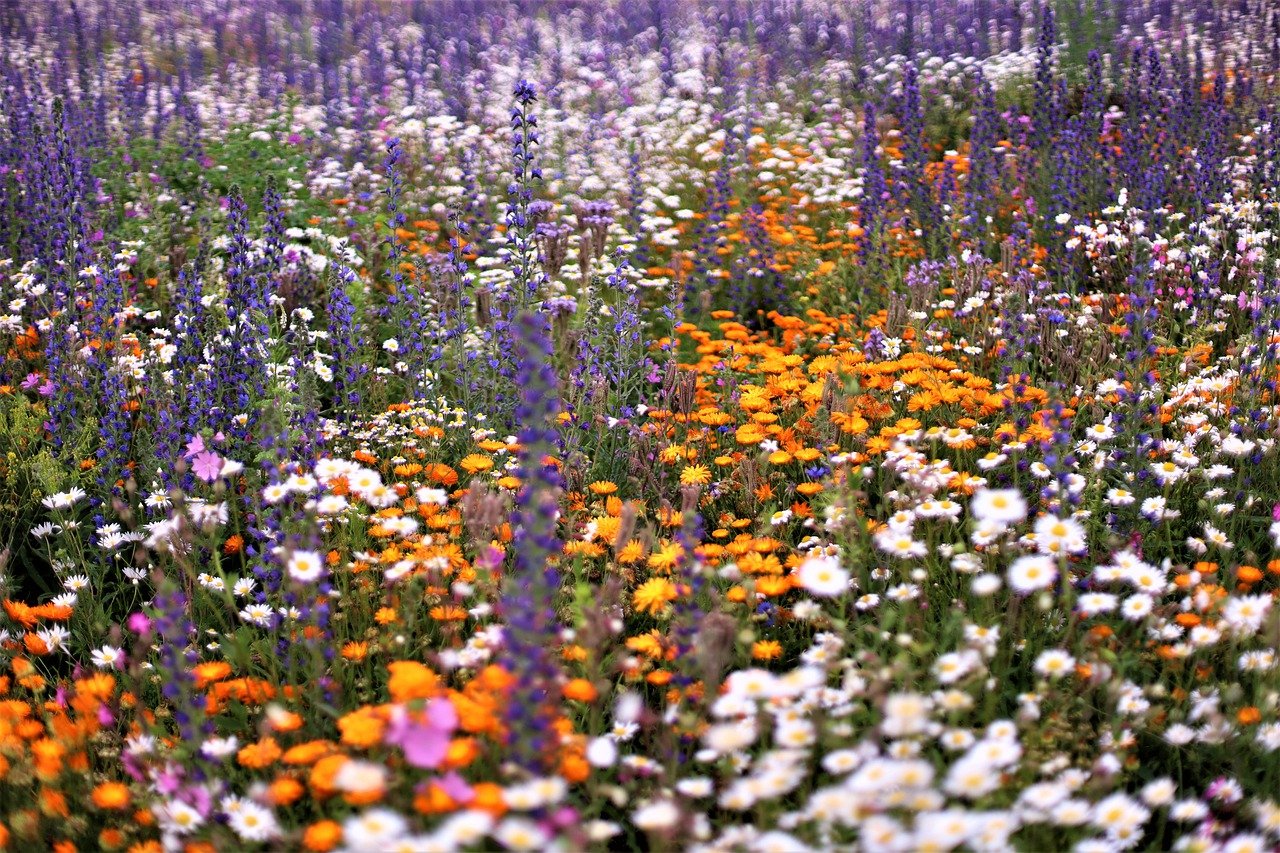Global Commons

Healthy ecosystems, such as forests and oceans, play an important role in terms of stabilising climate, cleaning air and water and conserving biodiversity. Thus they can be considered as a basis for societal well-being. These “global commons”, with free access for individuals and groups, used to be seemingly endless natural resources, nowadays they are running short; ecosystems are getting more and more fragile or are even being destroyed as a consequence of unsustainable lifestyles and harmful economic activities. Technical solutions are not sufficient to replace ecosystems and single countries’ conservation efforts are not sufficient either. This has immense consequences on people’s quality of life today and for future generations; if further ecosystem degradation is not halted, human life on this planet is at risk.
But the consequences hereof do not affect everyone in the same way. While the benefits are often privatised (i.e. internalised), whenever the commons are (over)used by whoever has the means or power to do so, the costs of the degradation of these „global commons“ are borne jointly (i.e. communalised, externalised), and vulnerable parts of the world’s population - due to geographical aspects and/or social inequality - bear most of the environmental costs. Thus the crisis in sustainability includes increasing social inequality.
Why do we need a different way of managing global commons?
The global commons include land, ecosystems like oceans, forests and wetlands as well as climate and biodiversity. They are the basis for many ressources humans need for living. But these global commons are still being overused, harmed and even destroyed. They have to be safeguarded by joint political action in order to avert an impending breakdown of life-preserving systems of the earth.




